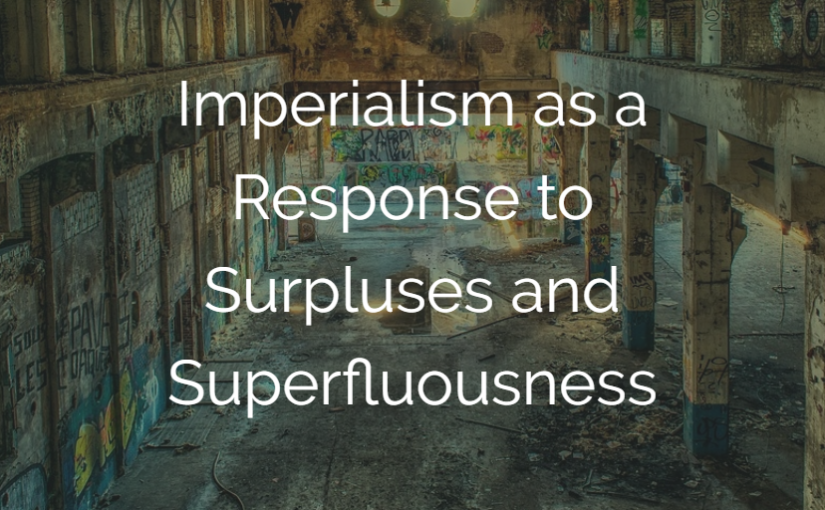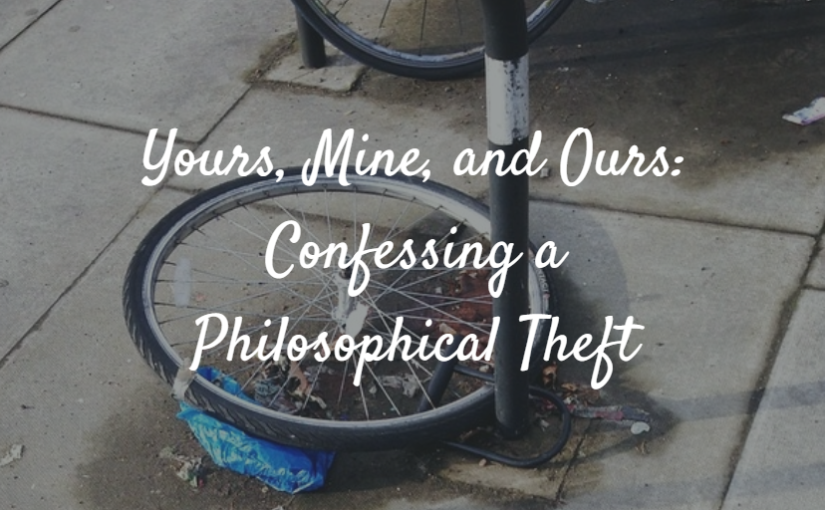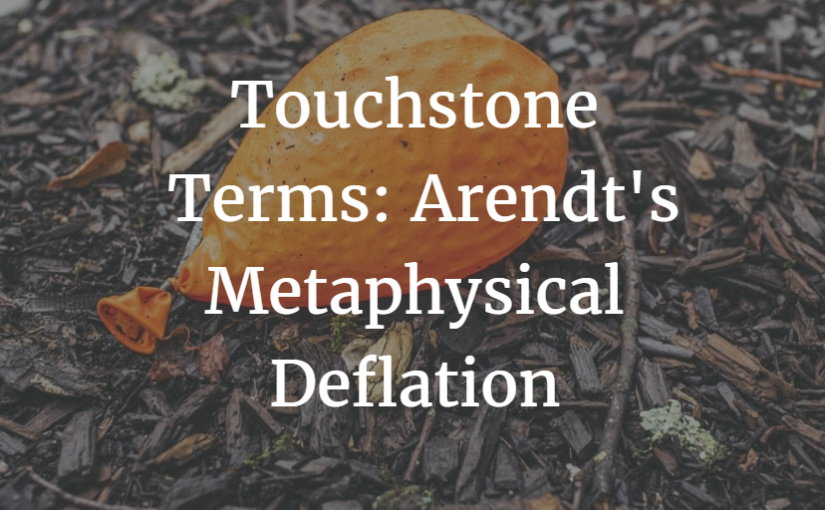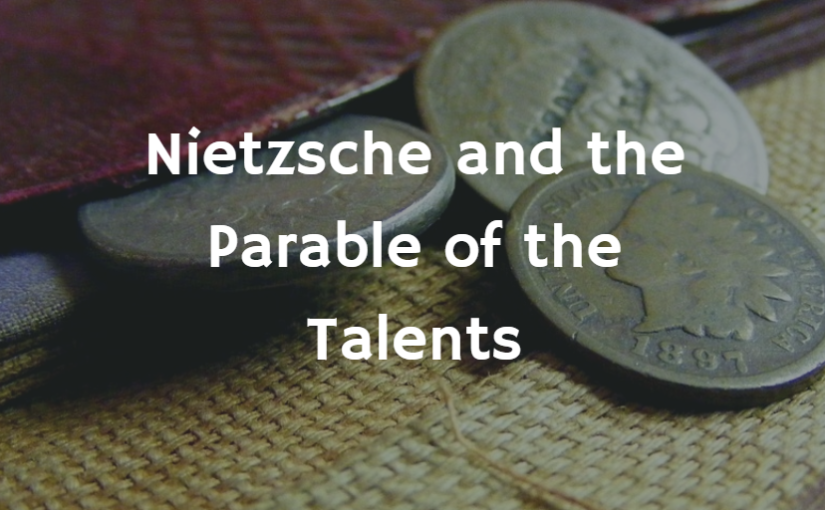Tag: Hannah Arendt
-

Hannah Arendt on Academic Freedom
We often say that colleges and universities deserve some sort of freedom from political interference. But for Arendt, freedom just is politics. The idea of freedom from politics is largely oxymoronic for her, and involves fundamental misunderstandings of the component terms “freedom” and “politics.”
-

Imperialism as a Response to Surpluses and Superfluousness
“Older than the superfluous wealth was another by-product of capitalist production: the human debris of every crisis, following invariably upon each period of industrial growth, eliminated permanently from producing society. Men who had become permanently idle were as superfluous to the community as the owners of superfluous wealth.
-

Yours, Mine, and Ours: Confessing a Philosophical Theft
In a post today, my longtime friend Leigh Johnson charges me with erasing her contribution and appropriating her idea of “friendly fire” in my response to Noma Arplay and Joseph Trullinger. In this post, I want to acknowledge my error and say a few things about the difference between our two conceptions of “friendly fire.” To…


